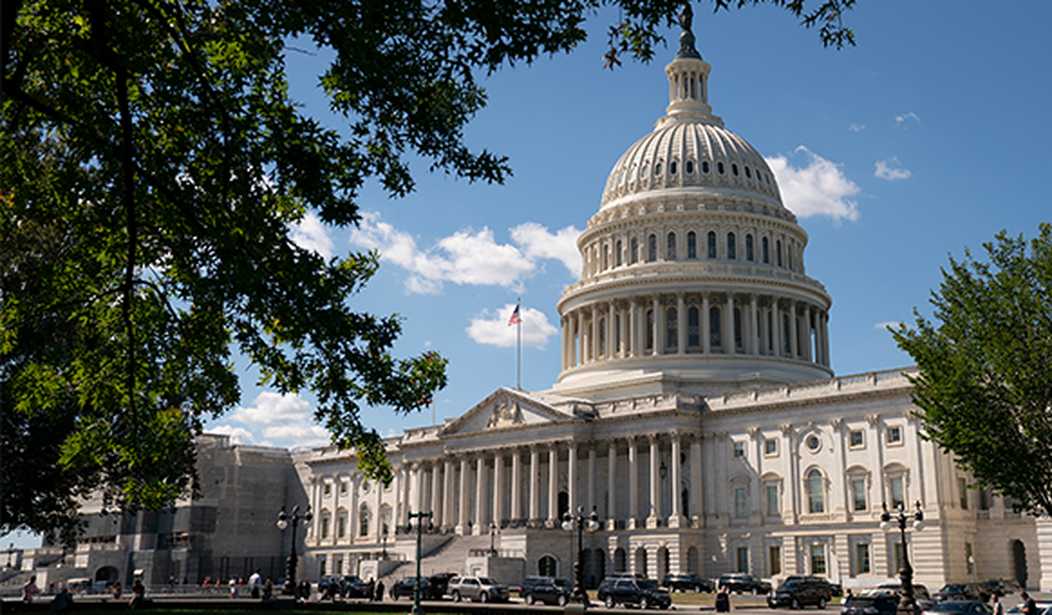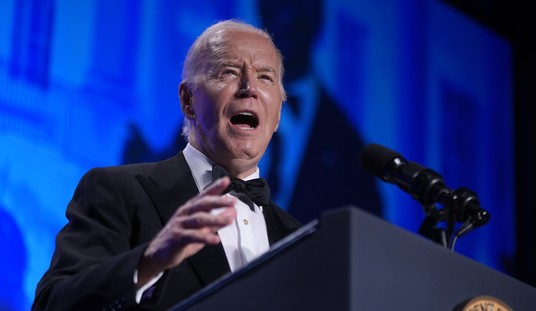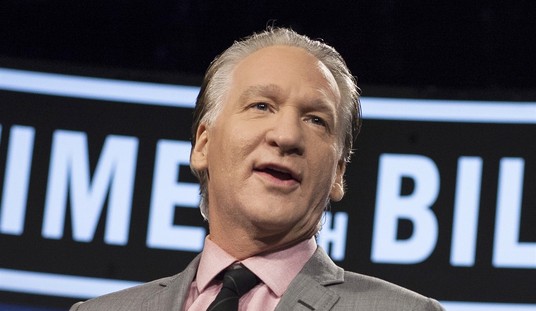A relatively new rule from the Government Accounting Standards Board (GASB) requires that public entities such as cities and counties report how much revenue is lost each year to targeted tax cuts in their comprehensive annual financial reports. A government watchdog reports that compliance to the new rule has been weak.
Compliant public budgets must now report the loss of revenue from tax breaks on GASB’s Statement No. 77. Good Jobs First (GJF), a government watchdog focusing on corporate welfare, found last year that just 28.9 percent of 6,695 cities, counties and school boards sampled had filed their statements.
Christine Wen of GJF told the Taxpayers Protection Alliance that a recent examination of the data shows few changes – governments continue to be tepid in their response to the new GASB standards.
“It’s disappointing,” Wen told TPA. “We really expected, how prevalent these tax payments are, for governments to be more transparent.”
GJF calculated the percentage by sampling local governments that mentioned tax abatements in the notes of their annual comprehensive annual financial reports. GJF points out in its research that due to sampling bias toward larger jurisdictions, “which may be more likely to comply by virtue of larger bureaucratic capacity, these estimated percentages are likely higher than the true compliance rates.”
While governments are not legally required to follow GASB guidelines, the vast majority do because it helps them get higher bond ratings. The board now also asks governments to disclose the purpose of tax abatements and any commitments to build infrastructure for companies on Statement No. 77.
Recommended
Columbia Journalism Review noted that the greater transparency has been a great tool for reporters, allowing them to link “a massive tax giveaway to a local fire department struggling to buy a new truck, or a school district using outdated textbooks.”
But that only works when governments comply.
GJF estimates that local and state governments spend an estimated $70 billion annually on economic development subsidies, a number that continues to grow as they compete against one another by offering higher and higher tax breaks to lure companies.
Governments are critical of the GASB because they often claim that they don’t lose revenue because the abatements help them generate additional economic development and that the GASB rule doesn’t ask for a cost-benefit analysis. Instead, it tasks governments with simply reporting abatement costs.
Wen said GJF is now taking a deeper dive into the numbers, talking with state auditors, controllers and officials in areas with low reporting to determine why they lack transparency. The organization next plans to focus on school districts, which collectively filed Statement No. 77 reports in less than 20 percent of cases.
Wen notes that many governments face lower revenues during the COVID-19 pandemic, which makes accurate reporting on tax breaks even more important.
“As states and localities face severe fiscal stress due to the pandemic-depression, tax abatements deserve full sunshine just like any other kind of government spending,” she said.
Johnny Kampis is a senior fellow and investigative reporter for the Taxpayers Protection Alliance.
























Join the conversation as a VIP Member